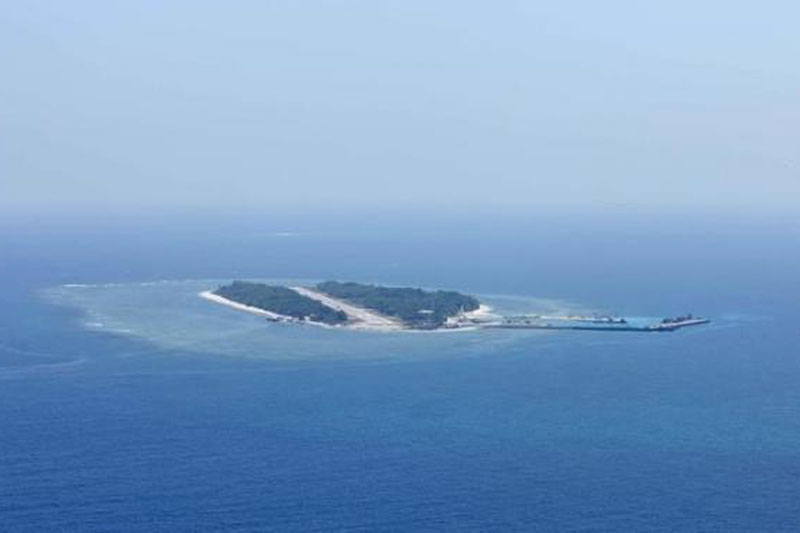Taiwan fishermen pack flags, noodles, set sail for disputed South China Sea "island"
PINGTUNG: Five Taiwanese fishing boats set sail for Taiwan's sole holding in the South China Sea on Wednesday in protest against a court ruling that deems it a rock rather than an island, limiting its rights to surrounding resource-rich waters.
Festooned with Taiwan flags, the fishing boats, loaded with eggs and instant noodles, left the south coast for a week-long trip to Itu Aba, about 1,600 km (1,000 miles) away.
The move is largely symbolic as Taiwan has occupied Itu Aba, which it calls Taiping, for decades.
Taiwan refuses to recognise last week's ruling in a case lodged by the Philippines in the Hague that denies China's vast claims to the South China Sea.
Taiwan, formally known as the "Republic of China" and deemed by China a renegade province, is also a claimant in the South China Sea. The maps China bases its claims on date to when Chiang Kai-shek's Nationalists ruled China before they fled to Taiwan in 1949 after losing the Chinese civil war to Mao Zedong's Communists.
The Philippines argued that no feature in the disputed Spratly Islands could be legally considered islands because they lack the ability to sustain human habitation or economic life.
"This is to protest the demotion of Taiping from an island to a rock and zoning the waters to the Philippines," Lo Chiang-fei, spokesman for the expedition, told reporters.
"When they get there, they will land, get fresh water to show this place can sustain human life and bring it back."
Nearly 200 marine-trained coast guard personnel are stationed on Itu Aba.
The court ruling under the 1982 UN Convention on the Law of the Sea gave Itu Aba only 12 nautical miles of territorial waters. Only islands that can sustain human habitation are allowed a greater 200 nautical miles of "exclusive economic zone".
China claims most of the South China Sea, through which more than $5 trillion of trade moves annually. Along with Taiwan, Brunei, Malaysia, the Philippines and Vietnam have rival claims.






